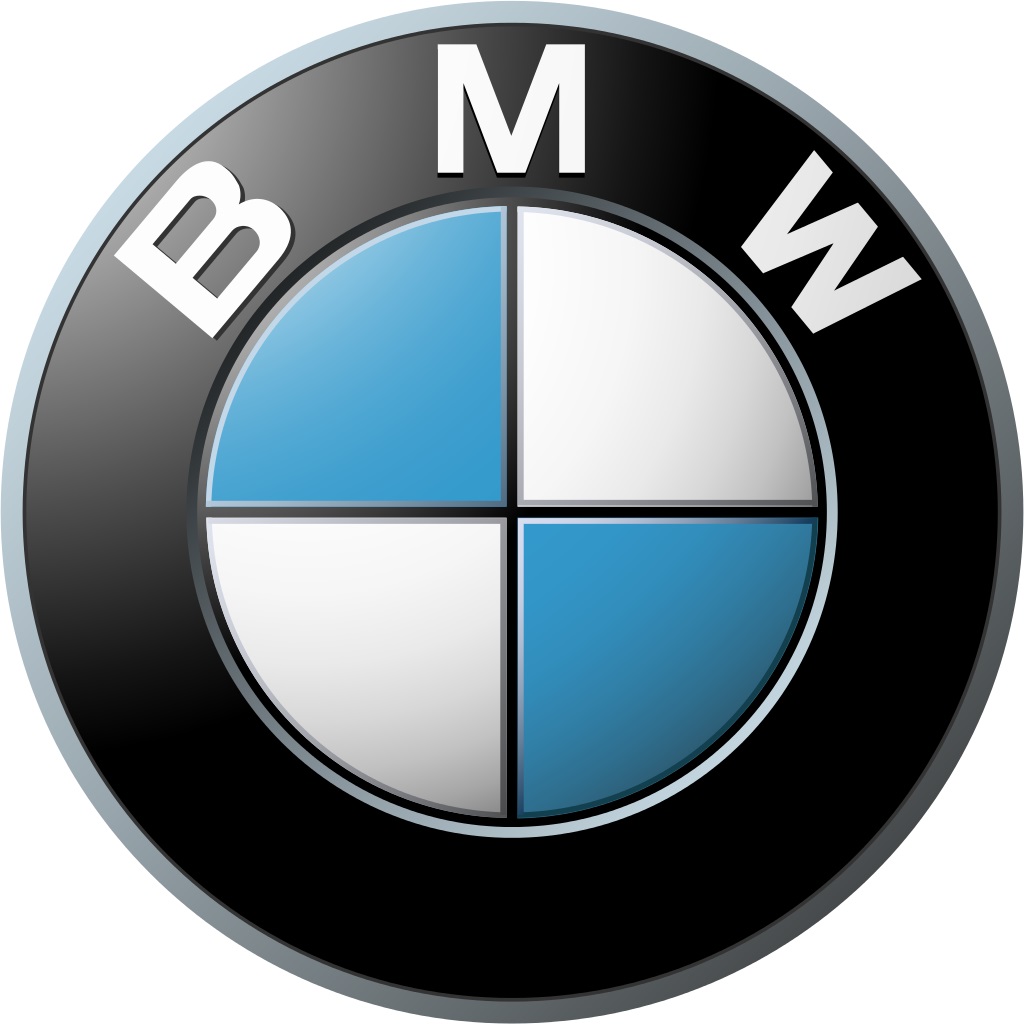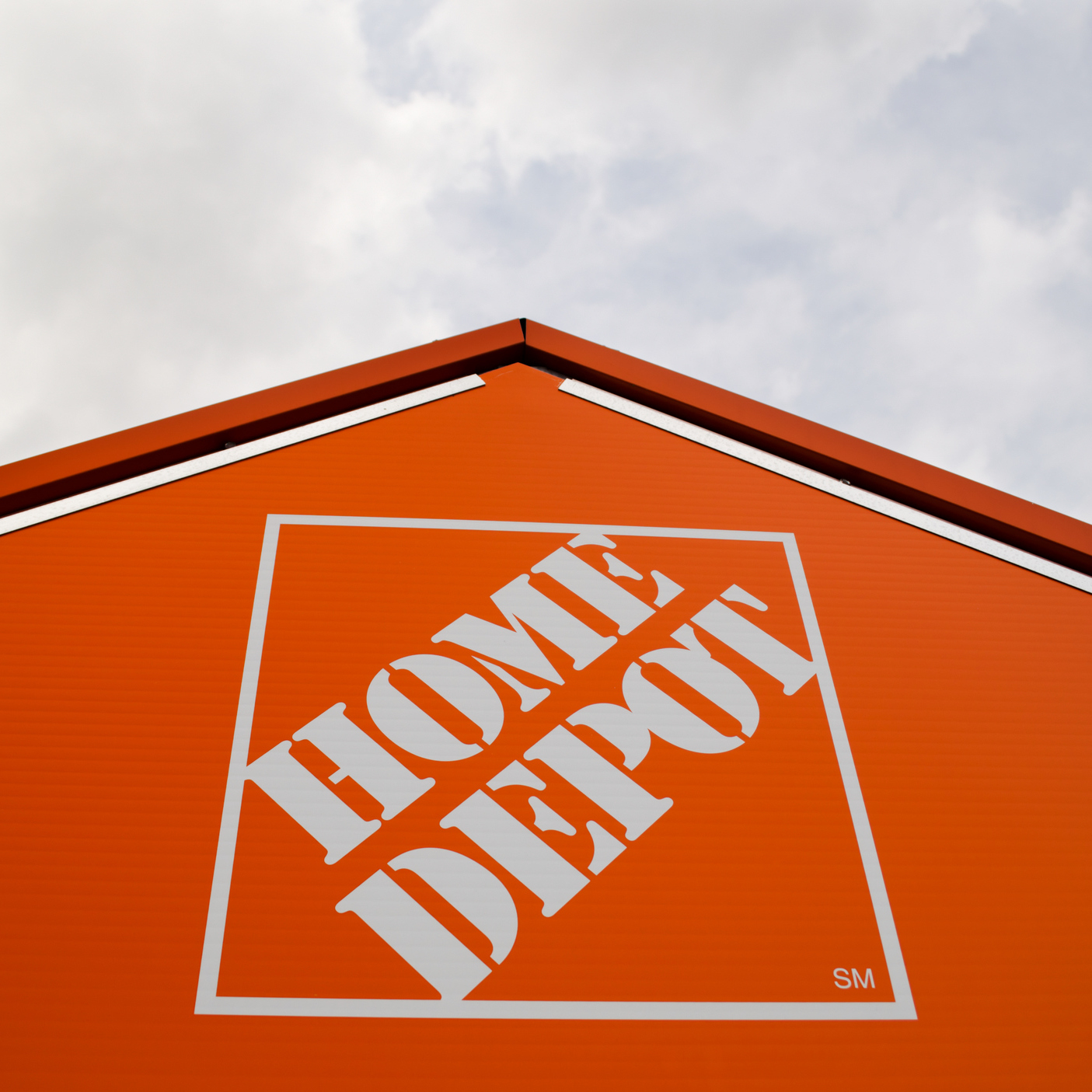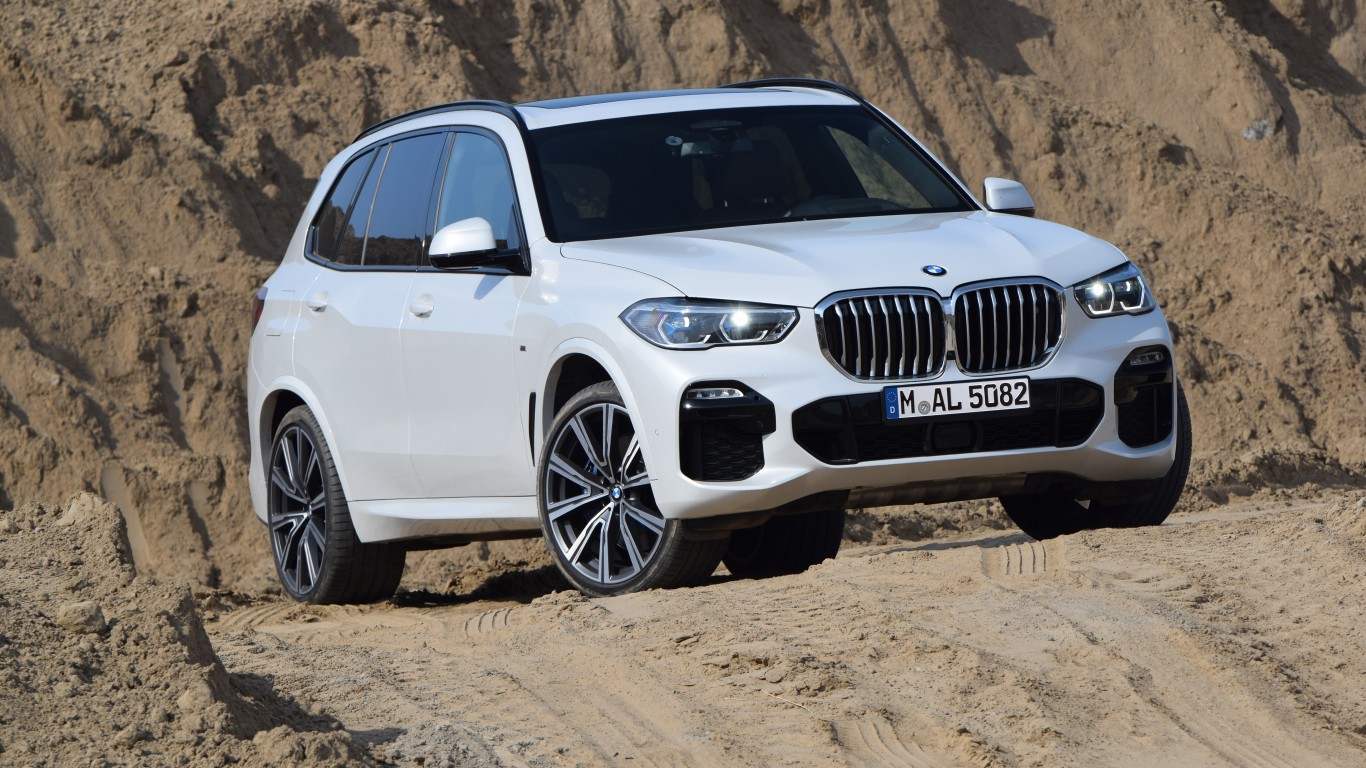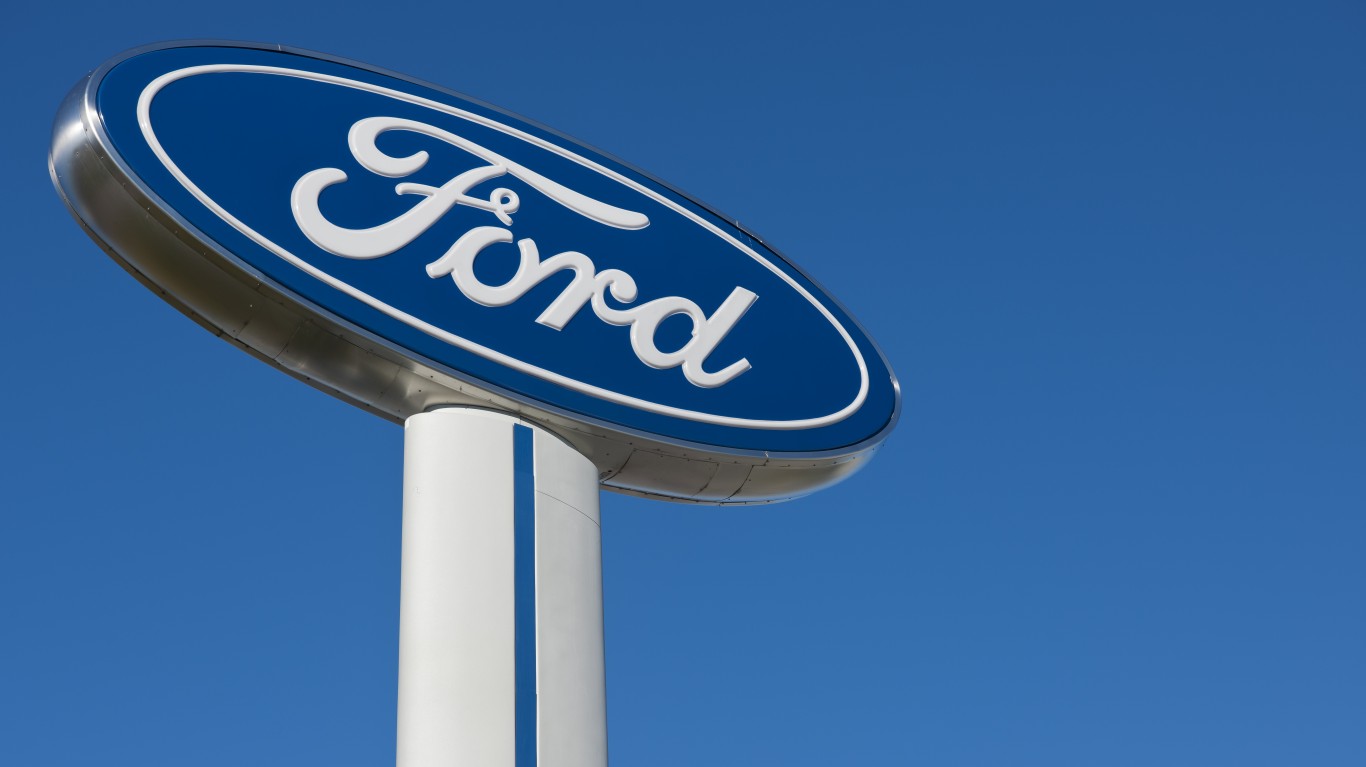
The Trump administration tariff on import cars could push the price of a well-outfitted BMW 5 Series from $80,000 to $100,000, depending on where the car is assembled and where the parts are made and shipped from.
BMW has to hope, probably in vain, that its brand image will keep the buyer for this car instead of that buyer deciding to turn to a Cadillac. Some may not, if they want to own “The Ultimate Driving Machine.”
So the pivot of people to Cadillacs could help General Motors Co. (NYSE: GM), which has struggled mightily to sell its embattled luxury brand’s models. Cadillac dealers will get richer.
Economic theories sometimes argue that the coffee shop next to the Cadillac dealer will get some walk in business. The Cadillac dealer will even get another swipe at customers when they bring cars in for service. However, the benefits mostly end with the sale of that cup of coffee.
The Cadillac buyer may be a farmer, though probably not since farmers are not a huge number of luxury car buyers, when tariffs hit agricultural commodity prices. Or, the potential buyer could be a small manufacturer who relies on German parts. (In a trade war, more than cars will be hit with tariffs.) Suddenly, the luxury car pool of buyers make be drained, if only ever so slightly. The rosy future for the Cadillac dealer looks a bit less healthy.
The tariff on German cars hurts BMW. It is not guaranteed that it helps someone else.
It’s Your Money, Your Future—Own It (sponsor)
Are you ahead, or behind on retirement? For families with more than $500,000 saved for retirement, finding a financial advisor who puts your interest first can be the difference, and today it’s easier than ever. SmartAsset’s free tool matches you with up to three fiduciary financial advisors who serve your area in minutes. Each advisor has been carefully vetted and must act in your best interests. Start your search now.
If you’ve saved and built a substantial nest egg for you and your family, don’t delay; get started right here and help your retirement dreams become a retirement reality.
Thank you for reading! Have some feedback for us?
Contact the 24/7 Wall St. editorial team.
 24/7 Wall St.
24/7 Wall St.



